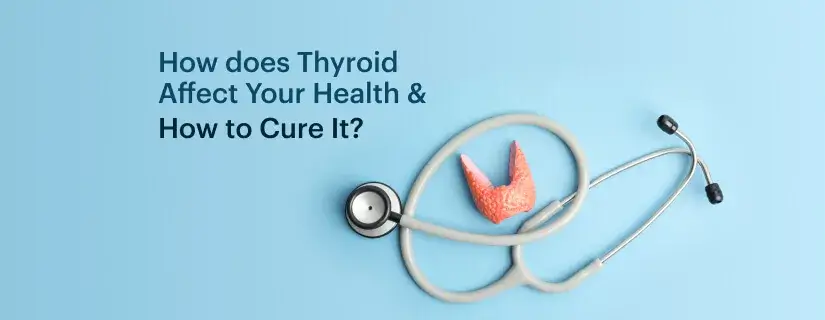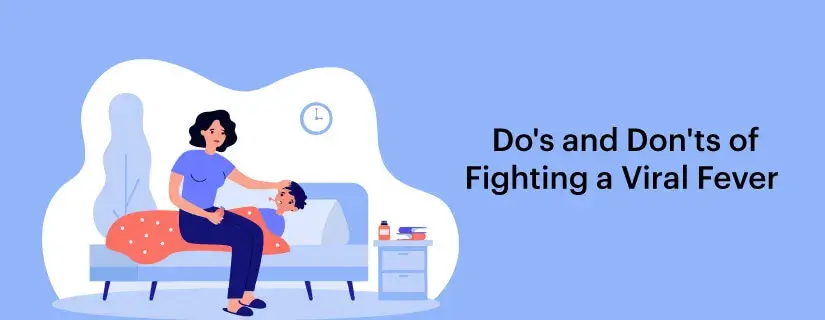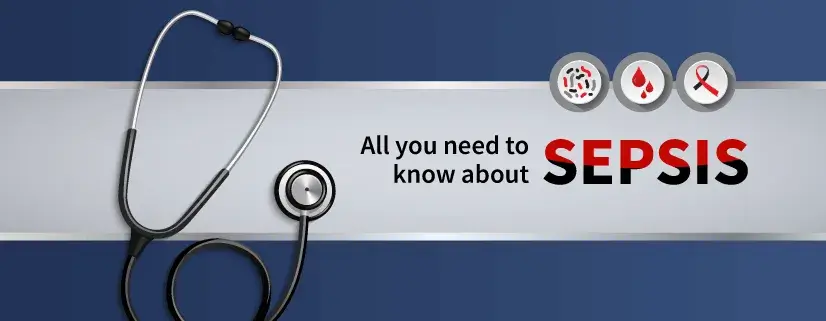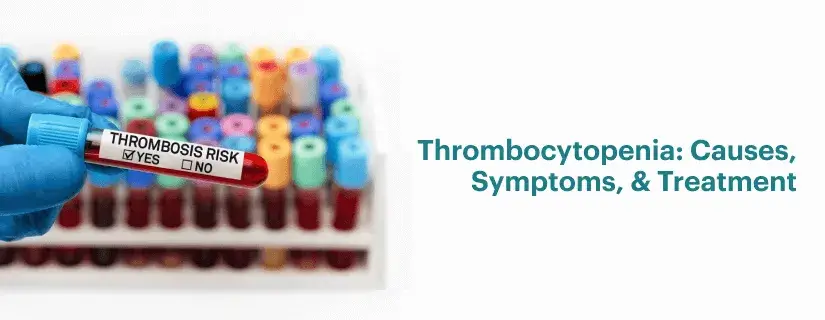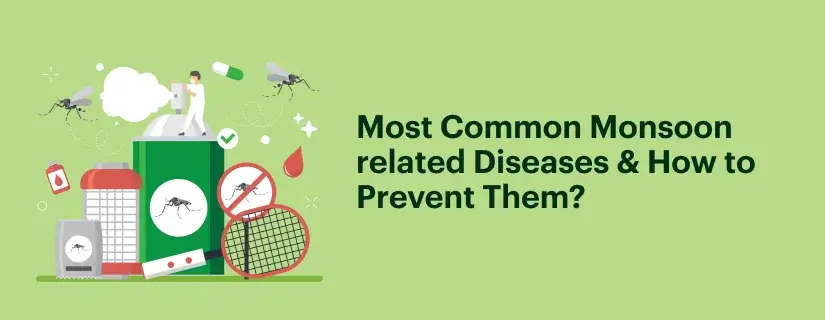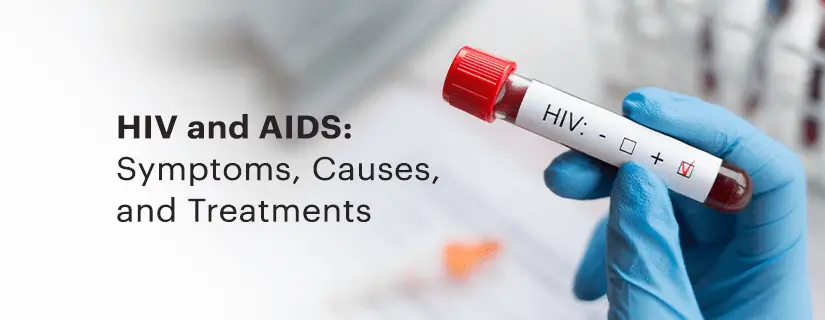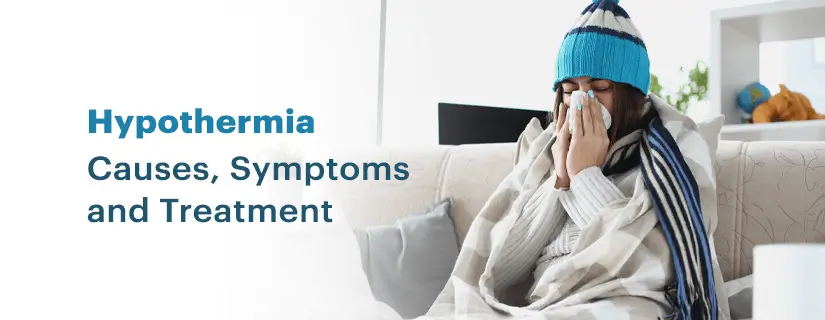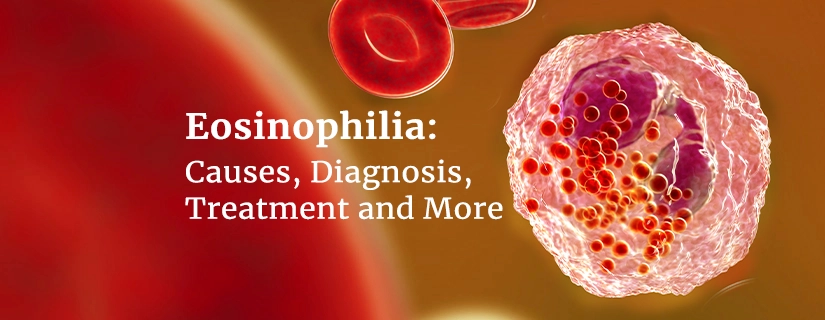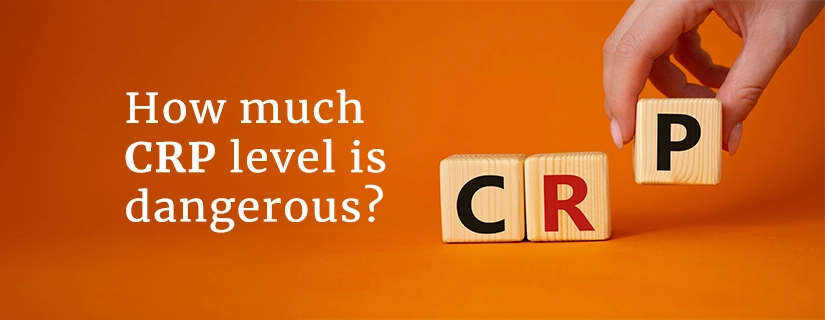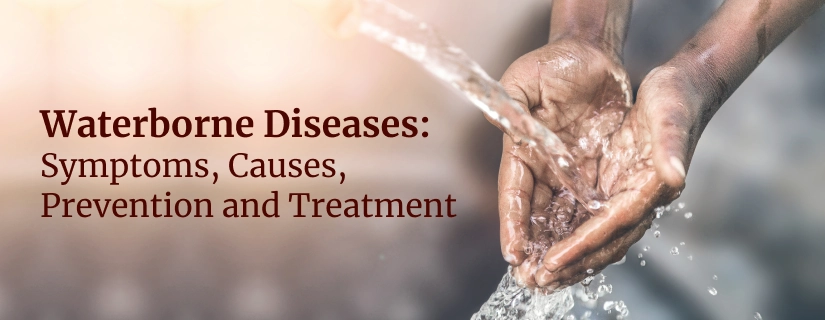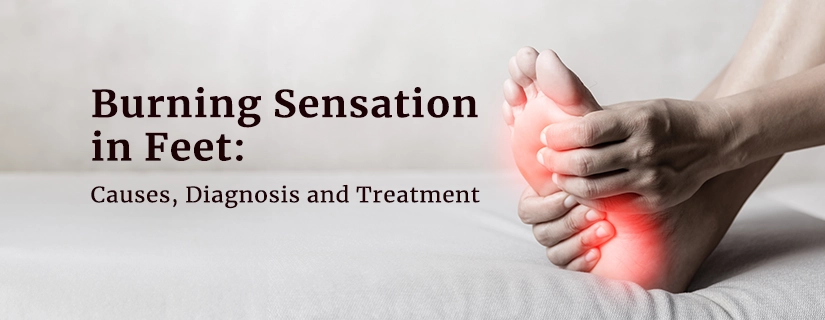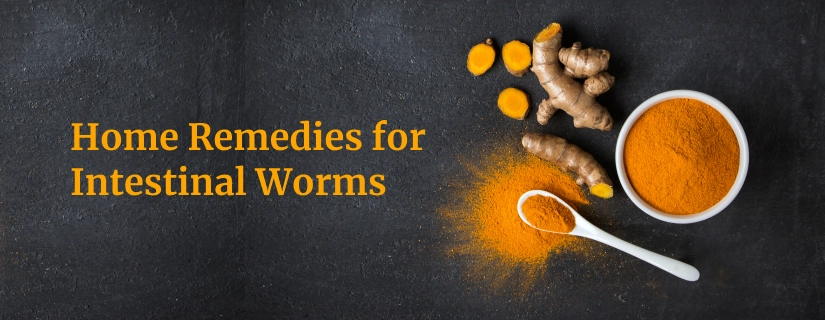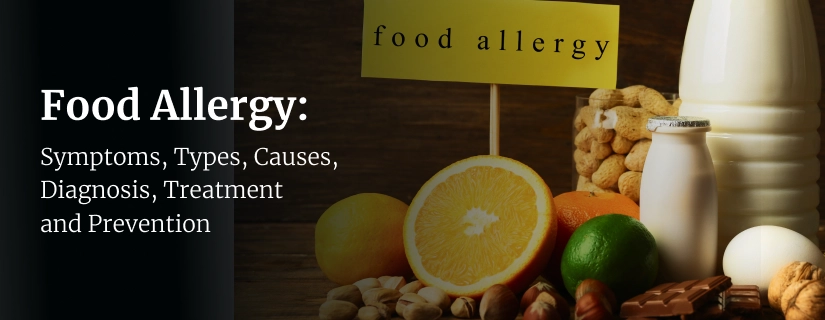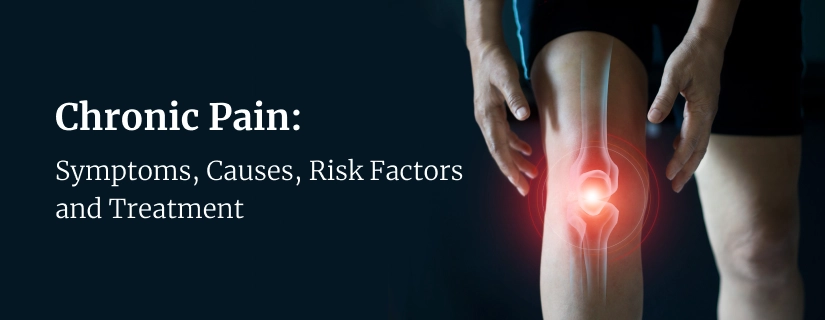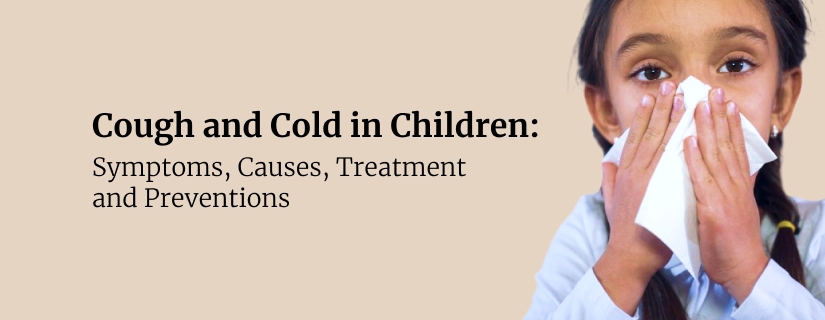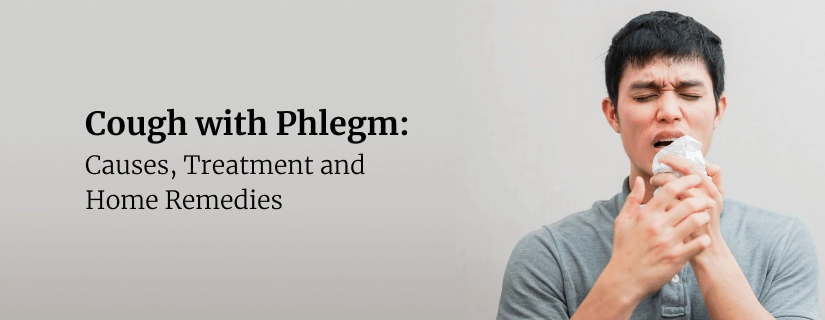-
Doctors
-
Specialities & Treatments
Centre of Excellence
Specialties
Treatments and Procedures
Hospitals & Directions HyderabadCARE Hospitals, Banjara Hills CARE Outpatient Centre, Banjara Hills CARE Hospitals, HITEC City CARE Hospitals, Nampally Gurunanak CARE Hospitals, Musheerabad CARE Hospitals Outpatient Centre, HITEC City CARE Hospitals, Malakpet
HyderabadCARE Hospitals, Banjara Hills CARE Outpatient Centre, Banjara Hills CARE Hospitals, HITEC City CARE Hospitals, Nampally Gurunanak CARE Hospitals, Musheerabad CARE Hospitals Outpatient Centre, HITEC City CARE Hospitals, Malakpet Raipur
Raipur
 Bhubaneswar
Bhubaneswar Visakhapatnam
Visakhapatnam
 Nagpur
Nagpur
 Indore
Indore
 Chh. Sambhajinagar
Chh. SambhajinagarClinics & Medical Centers
Book an AppointmentContact Us
Online Lab Reports
Book an Appointment
Consult Super-Specialist Doctors at CARE Hospitals
Home Remedies for Fungal Infection
Updated on 8 August 2023
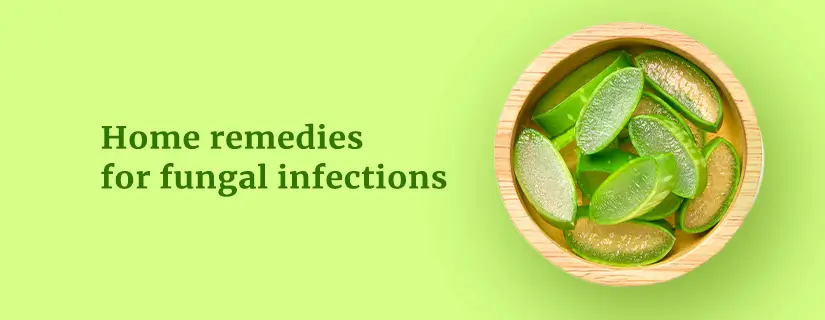
Fungal infections are common and can affect various parts of the body, causing discomfort and inconvenience. While medical treatments are available, many people seek natural alternatives to address these issues effectively. In this blog, we will explore a range of time-tested and proven home remedies that can help combat fungal infections and promote healing. From kitchen ingredients to herbal solutions, we have compiled a comprehensive list of remedies to assist you in finding relief from fungal infections without the use of harsh chemicals. Let's delve into the world of natural healing and take a step towards healthier, happier skin and nails!
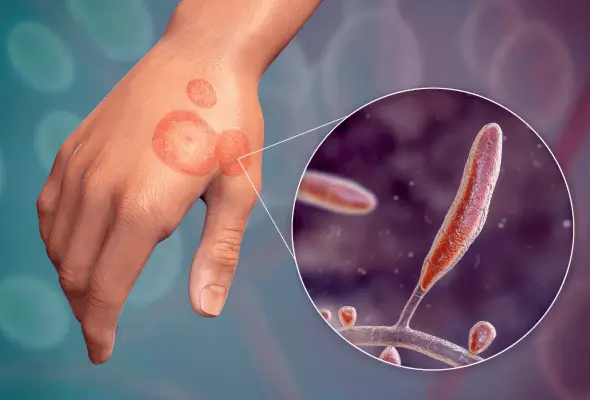
Symptoms of Fungal Infections
The symptoms of fungal infections can vary depending on the type of infection and the area of the body affected. However, some common symptoms of fungal infections include:
- Itching: Itchy skin is a prevalent symptom of many fungal infections, especially those affecting the skin and mucous membranes.
- Redness and Inflammation: Fungal infections can cause redness and inflammation in the affected area, leading to discomfort and sensitivity.
- Rash: Fungal infections often result in the development of a rash, which may appear as red or scaly patches on the skin.
- Blisters: Some fungal infections can lead to the formation of blisters filled with fluid, such as in the case of athlete's foot or herpes.
- Peeling or Cracking Skin: In certain fungal infections, the skin may start to peel or crack, causing pain and vulnerability to further infections.
- Pain or Discomfort: Fungal infections can be painful, especially if they affect sensitive areas of the body or penetrate deeper layers of the skin.
- Unpleasant Odor: Infections like athlete's foot or fungal nail infections can produce a foul odor.
- Discolored Nails: Fungal infections in the nails, such as onychomycosis, can cause the nails to become discolored, thickened, and brittle.
- White Patches in the Mouth: Oral thrush, a fungal infection in the mouth, may manifest as white patches on the tongue, inner cheeks, or throat.
- Vaginal Discharge: In the case of vaginal yeast infections, women may experience abnormal vaginal discharge, itching, and irritation.
It's important to note that these symptoms can also be indicative of other conditions, so it's essential to consult a healthcare professional for a proper diagnosis and appropriate treatment if you suspect a fungal infection. Early diagnosis and treatment can prevent the infection from worsening and help alleviate symptoms effectively.
What causes fungal infections?
Fungal infections are caused by various types of fungi, which are microorganisms commonly found in the environment. These fungi can thrive in warm, damp, and dark environments, making certain areas of the body more susceptible to infection. Some common causes and risk factors of fungal infections include:
- Weak Immune System: A weakened immune system due to factors like illnesses, certain medications (e.g., steroids), or medical conditions (e.g., HIV/AIDS) can increase the risk of fungal infections.
- Warm and Humid Environments: Fungi tend to thrive in warm and moist environments, such as public showers, swimming pools, and sweaty shoes or socks.
- Poor Hygiene: Inadequate personal hygiene can create an environment conducive to fungal growth and increase the risk of infection.
- Skin-to-Skin Contact: Fungal infections can spread through direct contact with an infected person or contaminated surfaces, such as towels, clothing, or sports equipment.
- Wearing Tight Clothing: Wearing tight-fitting clothes that trap moisture can create a suitable environment for fungal growth, especially in areas prone to friction and sweating.
- Damp Footwear: Keeping feet in damp or sweaty shoes and socks for extended periods can lead to conditions like athlete's foot.
- Underlying Health Conditions: Certain health conditions, such as diabetes, can increase the risk of specific fungal infections like candidiasis.
- Antibiotics and Steroids: Prolonged use of antibiotics or steroids can disrupt the balance of microorganisms on the skin or mucous membranes, increasing the risk of fungal infections.
- Age: Fungal infections can affect people of all ages, but certain types may be more common in specific age groups.
- Excessive Moisture in Skin Folds: Infections like jock itch or intertrigo can occur in skin folds, where moisture gets trapped.
- Weakened Nails: Fungal infections of the nails (onychomycosis) can occur when the nails are damaged or weakened.
It's essential to maintain good hygiene practices, keep the skin dry, and avoid sharing personal items to reduce the risk of fungal infections. If you suspect a fungal infection, seeking prompt medical attention can help with accurate diagnosis and appropriate treatment.
Home remedies for Fungal Infections
There are several home remedies that may help in managing fungal infections. It's important to note that while these remedies can be beneficial for mild cases or as complementary to medical treatment, severe or persistent infections may require professional medical attention. Here are some home remedies to consider:
- Tea Tree Oil: Known for its antifungal properties, tea tree oil can be diluted with carrier oil and applied topically to the affected area.
- Warning: Tea tree oil can cause skin irritation or allergic reactions in some individuals. Always perform a patch test before using it extensively.
- Side Effects: Redness, itching, and burning sensations.
- Apple Cider Vinegar: Diluted apple cider vinegar can be used as a foot soak for conditions like athlete's foot or as a topical solution for fungal skin infections.
- Warning: Apple cider vinegar is highly acidic and can cause skin burns if not properly diluted.
- Side Effects: Skin irritation, burning, and dryness.
- Garlic: Garlic has natural antifungal properties. Crush a few garlic cloves and apply the paste to the affected area.
- Warning: Direct application of garlic to the skin can cause burns and irritation, especially if left on for too long.
- Side Effects: Skin burns, redness, and irritation.
- Yogurt: Probiotic-rich yogurt can be consumed to promote the growth of beneficial bacteria and help combat fungal infections.
- Warning: Ensure the yogurt is plain and contains live active cultures. Flavored or sweetened yogurt can worsen the condition.
- Side Effects: Generally safe for consumption and topical use, but may cause irritation if allergic.
- Coconut Oil: Applying coconut oil to the affected area may offer relief from itching and irritation associated with fungal infections.
- Warning: Some people may be allergic to coconut oil. Perform a patch test before applying it broadly.
- Side Effects: Mild allergic reactions such as itching or rash.
- Aloe Vera: Aloe vera gel can soothe and hydrate the skin, aiding in the healing process of fungal infections.
- Warning: Use pure aloe vera gel without added chemicals or fragrances. Some commercial products may contain additives that could irritate the skin.
- Side Effects: Rare, but can include skin irritation or allergic reactions.
- Oregano Oil: Oregano oil contains antifungal compounds. Dilute it with carrier oil and apply it topically.
- Warning: Oregano oil is potent and should always be diluted with a carrier oil. Direct application can cause skin burns.
- Side Effects: Skin irritation, burning, and redness.
- Saltwater Soak: A saltwater soak can be helpful for fungal nail infections. Dissolve salt in warm water and soak your feet or hands for about 15 minutes.
- Warning: Excessive soaking can dry out the skin, leading to cracking and further irritation.
- Side Effects: Dryness and possible skin irritation.
- Baking Soda: Sprinkling baking soda in shoes or socks can help keep the feet dry and reduce moisture, which can aid in preventing fungal infections.
- Warning: Baking soda can dry out the skin if used excessively.
- Side Effects: Dryness, redness, and irritation.
- Turmeric: Turmeric possesses antifungal properties. Make a paste with turmeric and water and apply it to the affected area.
- Warning: Turmeric can stain the skin and clothes. Ensure it is washed off thoroughly.
- Side Effects: Skin staining and potential mild irritation.
- Lemon Juice: Lemon juice's acidity may help inhibit fungal growth. Apply fresh lemon juice to the affected skin.
- Warning: Lemon juice is highly acidic and can cause stinging, especially on broken skin.
- Side Effects: Burning, redness, and increased sensitivity to sunlight.
Remember to perform a patch test before using any new remedy to check for allergic reactions or skin sensitivities. If the infection worsens or persists, or if you have any underlying health conditions, it's essential to consult a healthcare professional for appropriate diagnosis and treatment. Additionally, maintaining good hygiene practices and avoiding triggers that promote fungal growth can help in preventing future infections.
Preventive methods to avoid Fungal Infection
Here are some preventive methods to avoid fungal infections:
- Keep Skin Clean and Dry: Wash your skin regularly with mild soap and water, especially in areas prone to sweating, and also Dry yourself thoroughly, especially between skin folds and toes, where moisture can accumulate.
- Wear Breathable Clothing: Opt for loose-fitting, breathable fabrics like cotton to allow air circulation and reduce moisture buildup on the skin.
- Avoid Sharing Personal Items: Refrain from sharing towels, clothes, or personal grooming items with others to prevent the spread of fungal infections.
- Practice Good Hygiene in Public Spaces: Use protective footwear in communal areas like gym showers and swimming pools to reduce the risk of picking up fungal infections.
- Keep Nails Trimmed and Clean: Regularly trim your nails and keep them clean and dry to prevent fungal infections like athlete's foot and nail fungus.
When to see a doctor for Fungal Infections
While home remedies can be effective for managing mild cases of fungal infections, there are certain situations when it's crucial to seek medical attention promptly:
- Severe Symptoms: If the symptoms of the fungal infection are severe, causing significant discomfort, pain, or affecting daily activities, it's essential to see a doctor for evaluation and appropriate treatment.
- Worsening Condition: If the infection does not show any signs of improvement or appears to be getting worse despite using home remedies or over-the-counter treatments, medical attention is necessary.
- Spreading Infection: If the infection is spreading to other areas of the body or to other individuals, it should be examined by a healthcare professional to prevent further complications.
- Underlying Health Conditions: People with diabetes, weakened immune systems or other chronic health conditions should seek medical advice promptly, as fungal infections can be more challenging to treat and may lead to complications in these cases.
- Suspected Nail or Scalp Infections: Fungal nail infections or scalp fungal infections may require specific treatments and medical monitoring. A doctor can provide a proper diagnosis and recommend appropriate care.
- Recurrent Infections: If you have a history of recurrent fungal infections, especially in the same area, it's essential to see a healthcare professional for a comprehensive evaluation to identify potential underlying causes.
- Immunocompromised Individuals: Individuals with weakened immune systems, such as those undergoing cancer treatments or organ transplant recipients, should consult a healthcare professional for proper management of fungal infections.
- Pregnancy: Pregnant women experiencing fungal infections should seek medical advice before using any treatments, as some medications may not be suitable during pregnancy.
- Eye Infections: Fungal eye infections are serious and can lead to vision problems. If you suspect an eye infection, seek immediate medical attention.
- Persistent Symptoms: If you have had a fungal infection for an extended period, and it has not resolved with home remedies or over-the-counter treatments, a doctor can provide a more effective treatment plan.
Remember, while some fungal infections may respond well to home remedies, it's essential to know when professional medical evaluation and treatment are necessary. A healthcare provider can diagnose the specific type of fungal infection and recommend appropriate antifungal medications or therapies to ensure prompt and effective recovery.
Conclusion
In conclusion, home remedies can be valuable allies in managing mild cases of fungal infections, offering natural and accessible solutions for relief. From the antifungal properties of tea tree oil and apple cider vinegar to the soothing benefits of aloe vera and coconut oil, these remedies can provide comfort and aid in the healing process.
However, it's essential to recognize the limitations of home remedies and know when professional medical attention is necessary. Severe or persistent infections, spreading or recurrent issues, and conditions in vulnerable individuals demand prompt evaluation by a healthcare professional.
By combining the power of home remedies with expert guidance, we can take charge of fungal infections effectively and promote better skin and nail health. Remember to prioritize good hygiene practices, avoid triggers that encourage fungal growth, and seek medical advice when needed to ensure a holistic and successful approach to managing fungal infections.
FAQs
1) Can fungal infection cause cancer?
No, fungal infections do not cause cancer. However, certain fungal infections can be more serious in people with weakened immune systems, such as those undergoing cancer treatment. It's important to treat fungal infections promptly to prevent complications, but they are not linked to causing cancer.
2) Are fungal infections contagious?
Yes, many fungal infections are contagious and can spread from person to person, through contact with infected surfaces, or through sharing personal items like towels or shoes. Practicing good hygiene and avoiding direct contact with infected areas can help prevent the spread of fungal infections.
3) Can lemon cure fungal infections?
Lemon has antifungal properties due to its acidity, which may help inhibit fungal growth. However, it is not a guaranteed cure for fungal infections. Lemon juice can also cause skin irritation, especially on broken or sensitive skin. For effective treatment, it is recommended to use medically approved antifungal treatments and consult a healthcare professional.
To Book an Appointment, call:
ENQUIRY FORM
SELECT CATEGORIES
-
Neurosciences (16)
-
Neurology (37)
-
Neurosurgery (14)
-
Orthopaedics (48)
-
Oncology (33)
-
Obstetrics and gynecology (51)
-
Pulmonology (23)
-
Urology (20)
-
Nephrology (13)
-
Psychiatry (7)
-
Dietetics and Nutrition (111)
-
General Medicine (63)
-
Cardiac Sciences (30)
-
Vascular & Endovascular Surgery and Interventional Radiology (10)
-
Gastroenterology (46)
-
Endocrinology (23)
-
Plastic Surgery (10)
-
Critical Care Medicine (5)
-
COVID-19 (16)
-
Dermatology (16)
-
Emergency Care (1)
-
Ophthalmology (4)
-
Pediatrics (14)
-
Laparoscopic and Bariatric Surgery (8)
-
ENT (15)
-
Kidney Transplant (1)
-
Liver Transplantation and Hepatobiliary Surgery (5)
-
General Surgery (3)
-
Internal Medicine (5)
-
Medicine Information
Can You Overdose on Vitamins: Everthing You Need To Know
How to Increase Platelet Count Naturally
YOU MAY ALSO LIKE
RECENT BLOGS
-

Direct Anterior Approach in Total Hip Replacement: Advantages and Challenges
10 April 2025
Read More
-

Zinc Deficiency: Signs and Symptoms, Causes, Treatment
9 April 2025
Read More
-

Chest Pain When Coughing: Causes, Treatment and Home Remedies
9 April 2025
Read More
-

12 Health Benefits of Eating Mushrooms
8 April 2025
Read More
-

7 Health Benefits of Blood Donation You Should Know About
8 April 2025
Read More
-

Implantation Bleeding Vs Periods: Know the Difference
28 February 2025
Read More
-

Bloating During Ovulation: Symptoms, Causes and Remedies
28 February 2025
Read More
-

Itching During Dengue: Causes, Treatment and Home Remedies
18 February 2025
Read More
Have a Question?
If you cannot find answers to your queries, please fill out the enquiry form or call the number below. We will contact you shortly.














